Home>diy>Building & Construction>How To Run A Construction Company Successfully


Building & Construction
How To Run A Construction Company Successfully
Modified: January 24, 2024
Learn the top strategies and tips for running a successful construction company. From managing projects efficiently to maximizing profits, discover the secrets to success in the building and construction industry.
(Many of the links in this article redirect to a specific reviewed product. Your purchase of these products through affiliate links helps to generate commission for Storables.com, at no extra cost. Learn more)
Introduction
Welcome to the world of construction, where creativity meets functionality and innovation brings structures to life. Running a construction company can be both a rewarding and challenging endeavor. To succeed in this industry, it is crucial to have a comprehensive understanding of the construction process, along with effective management and business strategies.
In this article, we will explore the key factors that contribute to the success of a construction company. From creating a solid business plan to utilizing technology and adapting to industry trends, we will cover all aspects of running a construction business effectively.
Whether you are a seasoned professional looking to enhance your construction company or someone exploring the idea of starting a new venture in the industry, the insights shared here will provide valuable guidance.
So, let’s dive in and discover the secrets to running a construction company successfully!
Key Takeaways:
- A successful construction company requires a solid business plan, strong financial foundation, skilled workforce, effective project management, and quality control measures to thrive in the industry.
- Embracing technology, adapting to industry trends, and prioritizing client relationships are essential for long-term success in the ever-evolving construction landscape.
Read more: What Makes A Successful Construction Company
Creating a Solid Business Plan
A solid business plan is the foundation of every successful construction company. It acts as a roadmap, outlining your company’s objectives, strategies, target market, and financial projections. A well-crafted business plan will not only guide your company’s growth but also attract potential investors and lenders.
When creating a business plan for your construction company, it is essential to consider the following key components:
- Executive Summary: This section provides an overview of your company, its mission, and objectives. It should highlight your unique selling propositions and the competitive advantage your company holds.
- Company Description: Here, you’ll delve deeper into the specifics of your construction company. Describe the services you offer, your target market, and any unique expertise or experience you possess.
- Market Analysis: Conduct thorough research to understand your target market. Analyze the demand for construction services in your area, investigate your competitors, and identify any gaps or opportunities in the market.
- Organization and Management: Outline the structure of your company and the roles and responsibilities of key team members. Provide information about the experience and qualifications of your management team.
- Marketing and Sales Strategy: Detail your strategies for attracting and acquiring clients. Identify your target audience, highlight your marketing channels, and explain how you plan to differentiate your company from competitors.
- Financial Projections: Provide projected financial statements, including income statements, cash flow statements, and balance sheets. This section should also include your funding requirements and anticipated return on investment.
- Risk Analysis: Identify potential risks and challenges that may impact your construction company. Develop contingency plans and mitigation strategies to address these risks effectively.
Remember, a strong and well-structured business plan not only helps you define your goals and objectives but also serves as a valuable tool in securing funding and attracting potential partners and clients. Continuously update and revise your business plan as your company evolves and grows.
Establishing a Strong Financial Foundation
Building a successful construction company requires a solid financial foundation. It is imperative to have a clear understanding of your company’s finances, manage cash flow effectively, and make sound financial decisions. Here are some key steps to establish a strong financial foundation for your construction business:
- Develop a Financial Management System: Implement a reliable accounting system to track and manage your company’s income, expenses, and assets. This will provide you with accurate financial data to make informed decisions.
- Secure Adequate Funding: Determine the capital required for your construction projects and secure financing options such as loans, lines of credit, or partnerships with investors.
- Create a Budget: Create a comprehensive budget that outlines your projected income, expenses, and profit margins. Regularly review and compare the actual figures against the budget to identify any deviations and make necessary adjustments.
- Manage Cash Flow: Cash flow management is crucial in the construction industry. Keep a close eye on your accounts receivable and payable, negotiate favorable payment terms with suppliers, and ensure timely billing and collection from clients.
- Minimize Financial Risks: Identify potential financial risks and implement strategies to mitigate them. This may include having insurance coverage for construction projects, maintaining contingency funds, and conducting thorough financial analysis before taking on large projects.
- Monitor Profitability: Regularly monitor the profitability of your projects and make adjustments if needed. Assess the profitability of different types of projects and focus on those that bring the highest returns.
- Seek Professional Financial Advice: Consider hiring a qualified financial advisor or accountant who specializes in the construction industry. They can provide expert guidance and help you optimize your financial management strategies.
By establishing a strong financial foundation, you not only ensure the stability and growth of your construction company but also gain the confidence of lenders, investors, and clients. Consistently monitor and manage your finances to stay in control and make informed business decisions.
Building and Retaining a Skilled Workforce
In the construction industry, a skilled and dedicated workforce is the backbone of any successful company. Building and retaining a highly skilled team is vital for delivering quality projects and maintaining a positive reputation. Here are some key strategies to consider:
- Recruitment and Hiring: Develop a strategic recruitment plan to attract the best talent. Clearly define the roles and qualifications you are seeking and utilize various channels such as online job boards, industry networking events, and referrals to find qualified candidates.
- Training and Development: Provide ongoing training and development opportunities for your workforce to enhance their skills. Invest in specialized construction training programs and promote a culture of continuous learning within your organization.
- Competitive Compensation and Benefits: Offer competitive salary packages and benefits to attract and retain top talent. Consider providing incentives such as performance bonuses, health insurance, retirement plans, and opportunities for career advancement.
- Positive Work Environment: Foster a positive work environment that values teamwork, respect, and open communication. Encourage employee engagement and provide opportunities for employees to provide feedback and contribute to decision-making processes.
- Recognition and Rewards: Acknowledge and appreciate the hard work and achievements of your team members. Implement a recognition program that rewards exceptional performance and promotes a culture of appreciation and motivation.
- Mentorship and Leadership Development: Foster mentorship programs to nurture the potential of junior staff. Provide leadership development opportunities to groom future leaders within your organization.
- Work-Life Balance: Recognize the importance of work-life balance and promote policies that support employee wellness. This can include flexible work arrangements, employee assistance programs, and opportunities for personal development.
- Regular Performance Feedback: Conduct regular performance evaluations and provide constructive feedback to help employees improve and grow. This process will foster professional development and ensure everyone is aligned with company goals.
By investing in building and retaining a skilled workforce, you not only enhance the capabilities of your construction company but also create a positive work culture that attracts and retains top talent. Remember, a happy and motivated team leads to better project outcomes and satisfied clients.
Effective Project Management and Planning
Effective project management is a critical element in running a successful construction company. Efficiently managing projects ensures that they are completed on schedule, within budget, and to the highest quality standards. Here are key factors to consider for effective project management and planning:
- Pre-Construction Planning: Thoroughly plan and prepare for the project before the construction phase begins. This includes conducting feasibility studies, obtaining necessary permits, creating a detailed project timeline, and defining project goals and objectives.
- Resource Allocation: Properly allocate resources, including manpower, equipment, and materials. Ensure that project requirements are clearly communicated to the entire team, and resources are procured and scheduled in a timely manner.
- Effective Communication: Establish clear lines of communication among the project team members, clients, suppliers, and subcontractors. Regularly update all stakeholders about project progress, changes, and any challenges that arise.
- Risk Management: Identify potential risks that may arise during the project timeline and develop effective risk management strategies. This includes creating contingency plans, actively monitoring risks, and taking necessary steps to mitigate them.
- Budget Management: Monitor project costs closely and ensure that expenses are kept within the allocated budget. Implement robust cost control measures, track project expenses in real-time, and make strategic decisions to optimize budget allocation.
- Quality Control: Implement stringent quality control measures to ensure that construction activities meet the highest quality standards. Regularly inspect the work and address any quality issues promptly to maintain the project’s integrity.
- Safety Protocols: Prioritize the safety of the project team and adhere to strict safety protocols. Develop and enforce safety guidelines, conduct regular safety training, and implement measures to minimize the risk of accidents on the construction site.
- Change Management: Anticipate and manage changes that may arise during the project. This includes documenting and obtaining approvals for change orders, assessing the impact on the timeline and budget, and effectively communicating changes to the team and stakeholders.
- Collaboration and Teamwork: Foster a collaborative and teamwork-oriented environment where all team members work together towards the successful completion of the project. Encourage open communication, delegate responsibilities effectively, and resolve conflicts proactively.
By prioritizing effective project management and planning, you will be able to deliver projects efficiently, mitigate risks, and ensure client satisfaction. Consistently evaluate and refine your project management processes to optimize performance and achieve successful project outcomes.
Read more: How To Name A Construction Company
Implementing Quality Control Measures
In the construction industry, ensuring quality is paramount to the success and reputation of your company. Implementing robust quality control measures throughout the construction process is essential to deliver projects that meet or exceed client expectations. Here are some key steps to effectively implement quality control measures:
- Establish Quality Standards: Clearly define the quality standards that need to be met for each project. This can include adherence to industry best practices, compliance with building codes and regulations, and meeting the specific requirements outlined by the client.
- Develop a Quality Control Plan: Create a comprehensive quality control plan that outlines the processes and procedures to ensure quality throughout the construction project. Include specific checks and inspections at different stages of the project, along with the roles and responsibilities of team members involved in quality control.
- Document and Communicate: Maintain detailed documentation of all quality control activities, including inspections, test results, and any non-conformances discovered. Communicate these findings to the appropriate team members and stakeholders to ensure transparency and accountability.
- Training and Education: Provide training and education to your team members on quality control processes and procedures. This can include workshops, seminars, and hands-on training to enhance their understanding of quality standards and the importance of compliance.
- Quality Inspections: Regularly conduct thorough inspections of the construction work to ensure compliance with quality standards. This can involve visual inspections, material testing, and performance testing to identify any defects or deficiencies that need to be addressed.
- Corrective Actions: In the event of non-conformances or quality issues, take immediate corrective actions to rectify the problem. This can involve conducting root cause analysis, implementing corrective measures, and ensuring that similar issues do not occur in future projects.
- Continuous Improvement: Continuously assess and improve your quality control processes. Seek feedback from clients, monitor industry trends, and stay updated on changes in regulations to ensure that your quality control measures remain effective and up to date.
- Supplier Selection and Evaluation: Choose reliable suppliers and subcontractors who share your commitment to quality. Regularly evaluate their performance and ensure that they meet the required quality standards.
By implementing quality control measures, you demonstrate your commitment to delivering high-quality construction projects. This not only enhances your company’s reputation but also leads to greater client satisfaction, repeat business, and positive referrals. Strive for excellence in all aspects of your construction projects to maintain a competitive edge in the industry.
Focus on building strong relationships with clients, suppliers, and employees. Communication, trust, and reliability are key to running a successful construction company.
Developing Strong Client Relationships
Building strong client relationships is key to the success of your construction company. Satisfied clients not only lead to repeat business but also become brand ambassadors who can refer your services to others. Here are some strategies to develop strong client relationships:
- Clear Communication: Establish open and transparent communication channels between your company and your clients. Regularly update them on project progress, address their concerns promptly, and be proactive in providing relevant information.
- Understand Client Needs: Take the time to truly understand your client’s vision, their goals, and their specific requirements for the project. This will allow you to tailor your services to meet their expectations and deliver a solution that aligns with their needs.
- Deliver on Promises: Consistently deliver high-quality work and meet project milestones as promised. Strive to exceed client expectations by going above and beyond in your service delivery.
- Regularly Seek Feedback: Actively seek feedback from your clients throughout the project and after its completion. This feedback will help you understand areas where you can improve and demonstrate your commitment to continuous improvement.
- Resolve Issues Quickly: If any issues or disputes arise during the project, address them promptly and professionally. Work collaboratively with your clients to find mutually beneficial solutions and ensure their satisfaction.
- Value Long-Term Relationships: Foster a mindset of building long-term relationships with your clients. Offer post-project support and be available to address any concerns or questions that may arise even after the project is completed.
- Personalize your Approach: Take the time to understand your clients on a personal level. Remember important details about their preferences and interests, and demonstrate that you truly care about their success.
- Provide Added Value: Offer additional services or resources that can add value to your client’s project. This can include sharing industry insights, providing cost-saving suggestions, or offering maintenance and support services post-completion.
- Go the Extra Mile: Show genuine dedication to your client’s project by consistently going the extra mile. Anticipate their needs, be proactive in solving problems, and invest in building trust and loyalty.
- Celebrate Success: Celebrate project milestones and successes with your clients. Recognize their contributions and the positive impact they have had on your company. This can be done through client appreciation events, testimonials, or case studies.
By developing strong client relationships, you not only enhance your reputation but also create a network of satisfied clients who can become loyal advocates for your company. Prioritize client satisfaction and build a reputation for exceptional service to position your construction company as a trusted and valued partner in the industry.
Effective Marketing and Branding Strategies
In the competitive construction industry, effective marketing and branding strategies are essential to differentiate your company, attract new clients, and build a strong reputation. Here are some key strategies to consider:
- Define Your Unique Selling Proposition (USP): Identify what sets your construction company apart from competitors. Determine your USP, whether it’s your expertise in a specific construction niche, your commitment to sustainability, or your exceptional customer service.
- Develop a Strong Brand Identity: Create a compelling brand identity that resonates with your target audience. This includes designing a logo, establishing brand colors and fonts, and developing a consistent brand voice across all marketing channels.
- Build an Engaging Website: Invest in a professional, user-friendly website that showcases your portfolio, highlights your expertise, and provides easy ways for potential clients to get in touch. Optimize your website for search engines to increase online visibility.
- Utilize Social Media: Engage with your target audience on social media channels that are relevant to the construction industry, such as LinkedIn, Instagram, and Facebook. Share project updates, industry news, and educational content to build credibility and generate leads.
- Content Marketing: Create valuable, informative content that positions your company as a thought leader in the industry. This can include blog posts, e-books, case studies, and expert guides. Share this content on your website, social media, and through email marketing campaigns.
- Online Reviews and Testimonials: Encourage satisfied clients to leave reviews and testimonials on platforms like Google, Yelp, and industry-specific directories. Positive reviews build trust and credibility, influencing potential clients’ decision-making process.
- Networking and Partnerships: Attend industry events, join construction associations, and actively network with professionals in related fields. Look for partnership opportunities with suppliers, architects, and subcontractors to expand your reach and gain referrals.
- Word of Mouth: Provide exceptional service to your clients to generate positive word-of-mouth recommendations. Deliver projects on time, within budget, and to the highest quality standards to encourage satisfied clients to refer your services to others.
- Targeted Advertising: Utilize digital advertising platforms to target your ideal clients. This can include pay-per-click (PPC) advertising, display ads, or sponsored content on industry-specific websites or publications.
- Monitor and Analyze Results: Regularly track and analyze the effectiveness of your marketing strategies. Utilize tools like Google Analytics to measure website traffic, lead generation, and conversion rates. Adjust your marketing efforts based on the insights gained.
Consistent and strategic marketing and branding efforts will help establish your construction company as a trusted and reputable name in the industry. By effectively communicating your unique value proposition, engaging with your target audience, and implementing a multi-channel marketing approach, you can attract new clients and foster long-term growth.
Utilizing Technology in Construction Operations
Technology plays a crucial role in the modern construction industry, revolutionizing operations and improving efficiency. By embracing technological advancements, construction companies can streamline processes, enhance communication, and deliver projects with greater accuracy and speed. Here are some key areas where technology can be utilized in construction operations:
- Project Management Software: Implement project management software to centralize project data, automate workflow, and facilitate collaboration among team members. These tools enable real-time project tracking, document sharing, and streamlined communication, improving overall project efficiency.
- Building Information Modeling (BIM): Utilize BIM software to create detailed 3D models of construction projects. BIM enables visualization of the entire project, improves design coordination, and helps identify clashes or conflicts before construction begins, reducing time and cost overruns.
- Drones and UAVs: Deploy drones and unmanned aerial vehicles (UAVs) to capture aerial footage of construction sites. This technology provides a bird’s-eye view of the project, aiding in surveying, site inspections, and progress monitoring. Drones can also enhance safety by conducting inspections in hazardous or hard-to-reach areas.
- Construction Management Apps: Utilize mobile apps designed for construction management tasks. These apps allow on-site teams to access project drawings, view schedules, track progress, and report issues in real-time using mobile devices, improving communication and productivity.
- Internet of Things (IoT) Devices: Deploy IoT devices such as sensors and wearables to collect real-time data on construction site conditions, equipment performance, and worker safety. This data can be used to optimize resource allocation, schedule maintenance, and ensure a safe working environment.
- Virtual and Augmented Reality (VR/AR): Use VR/AR technology to create immersive experiences for clients and stakeholders. VR allows clients to virtually walk through a project before construction begins, while AR overlays digital information onto the physical environment, aiding in design visualization and on-site guidance.
- Mobile and Cloud Technology: Leverage the power of mobile and cloud technology to access project information from anywhere, at any time. Cloud-based platforms enable secure storage and sharing of project documents, promoting seamless collaboration among team members and improving efficiency.
- Robotics and Automation: Embrace robotics and automation in construction tasks such as bricklaying, concrete pouring, and demolition. These technologies improve accuracy, speed up construction processes, and reduce labor-intensive tasks, making operations more efficient and cost-effective.
- Big Data and Analytics: Harness the power of big data and analytics to gain deep insights into construction projects. Analyzing data collected from various sources helps identify patterns, predict potential issues, and optimize decision-making, leading to improved project outcomes and cost savings.
- Sustainable and Green Technologies: Embrace sustainable construction technologies such as solar power, energy-efficient lighting, and rainwater harvesting systems. These technologies not only reduce environmental impact but also attract clients who prioritize sustainability.
By utilizing technology in construction operations, companies can gain a competitive advantage, improve project outcomes, and enhance client satisfaction. Stay informed about advancements in construction technology and strategically implement solutions that align with your company’s goals and resource capabilities.
Read more: How To Sell A Construction Company
Adapting to Changing Industry Trends
The construction industry is constantly evolving, with new trends, technologies, and practices emerging regularly. It is crucial for construction companies to stay ahead of these changes and adapt to remain competitive. Here are some key strategies to effectively adapt to changing industry trends:
- Stay Informed: Stay updated on the latest industry news, trends, and innovations. Subscribe to construction industry publications, attend conferences, and participate in professional associations to ensure you are aware of emerging trends and best practices.
- Embrace New Technologies: Embrace new technologies that can improve efficiency, productivity, and quality in construction operations. Stay informed about advancements in construction software, robotics, IoT devices, and other emerging technologies, and evaluate their potential benefits for your company.
- Invest in Training and Development: Allocate resources for training and development programs that keep your workforce up to date with the latest industry trends and technologies. This ensures that your team has the necessary skills and knowledge to embrace new practices and technologies.
- Collaborate and Network: Collaborate with other industry professionals, subcontractors, suppliers, and technology providers to share knowledge, insights, and experiences. Participate in industry events, join professional associations, and foster relationships that promote collaboration and innovation.
- Adapt Project Delivery Methods: Explore new project delivery methods such as design-build, integrated project delivery, or prefabrication techniques. These methods can increase project efficiency, reduce costs, and improve collaboration among various stakeholders.
- Focus on Sustainability: Recognize the growing demand for sustainable construction practices. Stay informed about green building certifications, energy-efficient technologies, and sustainable materials. Incorporate sustainable practices into your projects to appeal to environmentally conscious clients.
- Customer-Centric Approach: Understand the changing needs and expectations of your clients. Stay connected with your clients, seek feedback, and adapt your services to meet their evolving requirements. This customer-centric approach will help you deliver value and maintain long-term client relationships.
- Continuous Improvement: Foster a culture of continuous improvement within your company. Regularly evaluate your processes, identify areas for improvement, and implement changes to streamline operations, enhance quality, and increase efficiency.
- Monitor Competitors: Keep a close eye on your competitors and their practices. Stay informed about their innovations, project successes, and market positioning. Analyze their strategies to identify areas where you can differentiate yourself and stay ahead in the industry.
- Be Agile and Flexible: Be willing to adapt and change course quickly. Construction trends and demands can shift rapidly, and companies that can adapt and pivot their strategies to meet new challenges will thrive in the dynamic industry landscape.
By actively monitoring and adapting to changing industry trends, you can position your construction company as a leader in the industry. Embracing innovations, staying connected with clients, and nurturing a culture of continuous improvement will enable you to stay competitive and deliver exceptional outcomes in a rapidly evolving construction landscape.
Conclusion
Running a construction company successfully requires a strong foundation in both construction knowledge and business acumen. By following the strategies outlined in this article, you can navigate the challenges of the industry and position your company for long-term growth and success.
Creating a solid business plan provides a roadmap for your company’s objectives and helps attract potential investors and lenders. Establishing a strong financial foundation ensures stability and allows you to make informed financial decisions. Building and retaining a skilled workforce contributes to the quality of your projects and strengthens your company’s reputation.
Effective project management and planning are crucial for delivering projects on time, within budget, and to the highest quality standards. Implementing quality control measures ensures client satisfaction and builds trust in your company’s capabilities. Developing strong client relationships leads to repeat business and positive referrals.
Effective marketing and branding strategies help differentiate your company in a competitive market, while utilizing technology in construction operations enhances efficiency and productivity. Adapting to changing industry trends ensures your company remains at the forefront of innovation and embraces emerging practices and technologies.
In conclusion, running a construction company successfully requires a combination of technical expertise, effective management strategies, and a customer-centric approach. By continuously improving and adapting to the ever-changing construction landscape, you can position your company for long-term success and thrive in the industry.
Frequently Asked Questions about How To Run A Construction Company Successfully
Was this page helpful?
At Storables.com, we guarantee accurate and reliable information. Our content, validated by Expert Board Contributors, is crafted following stringent Editorial Policies. We're committed to providing you with well-researched, expert-backed insights for all your informational needs.


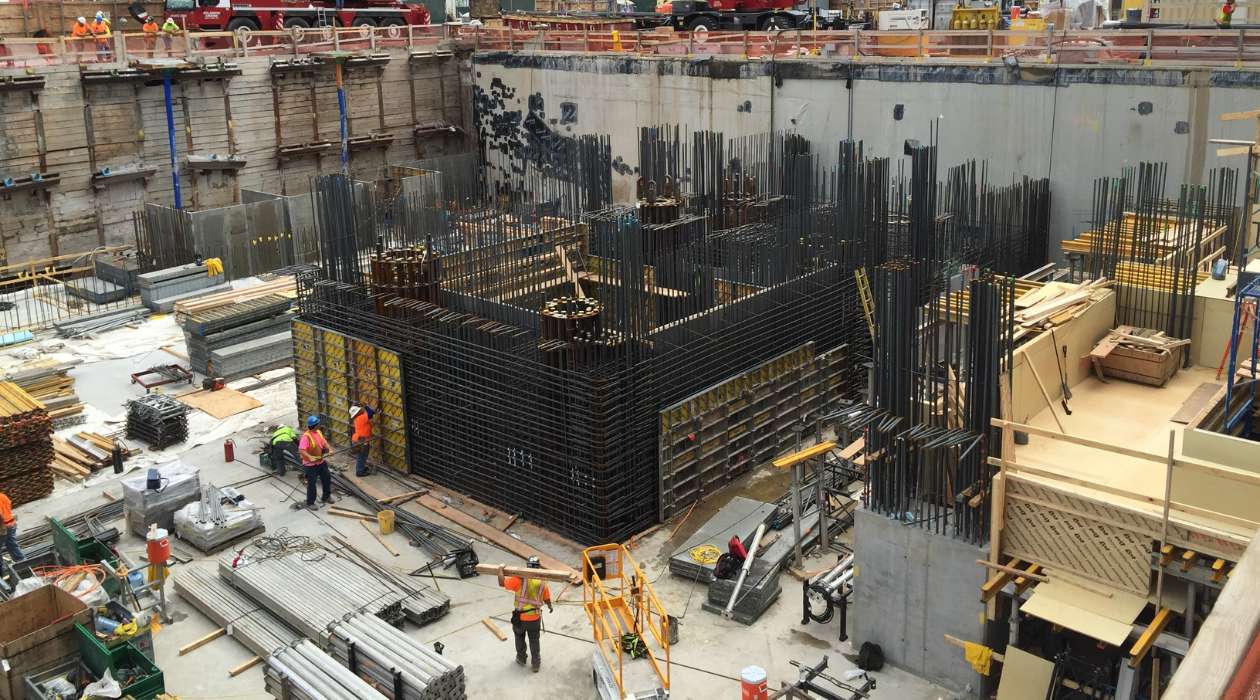

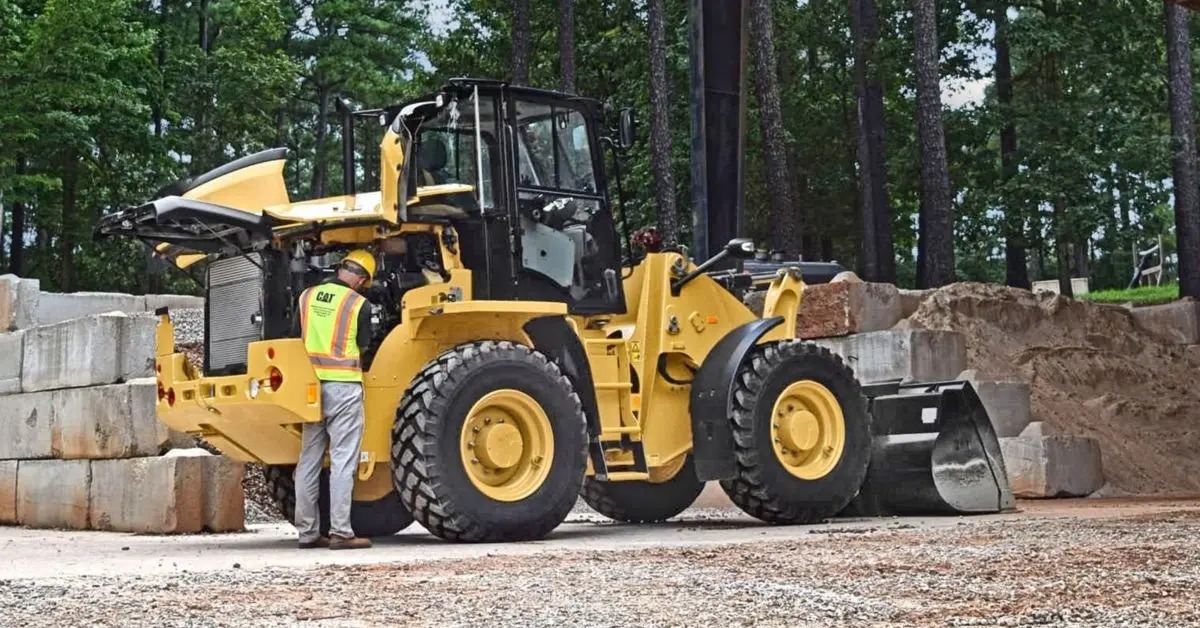
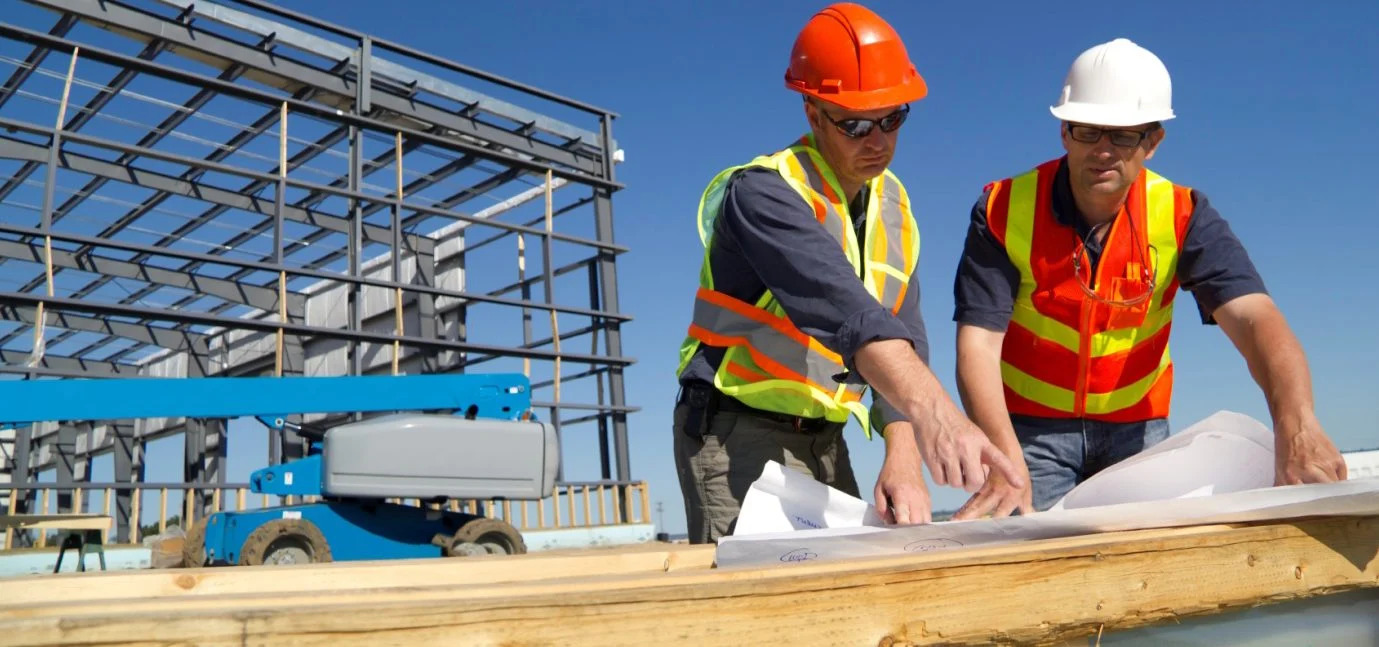



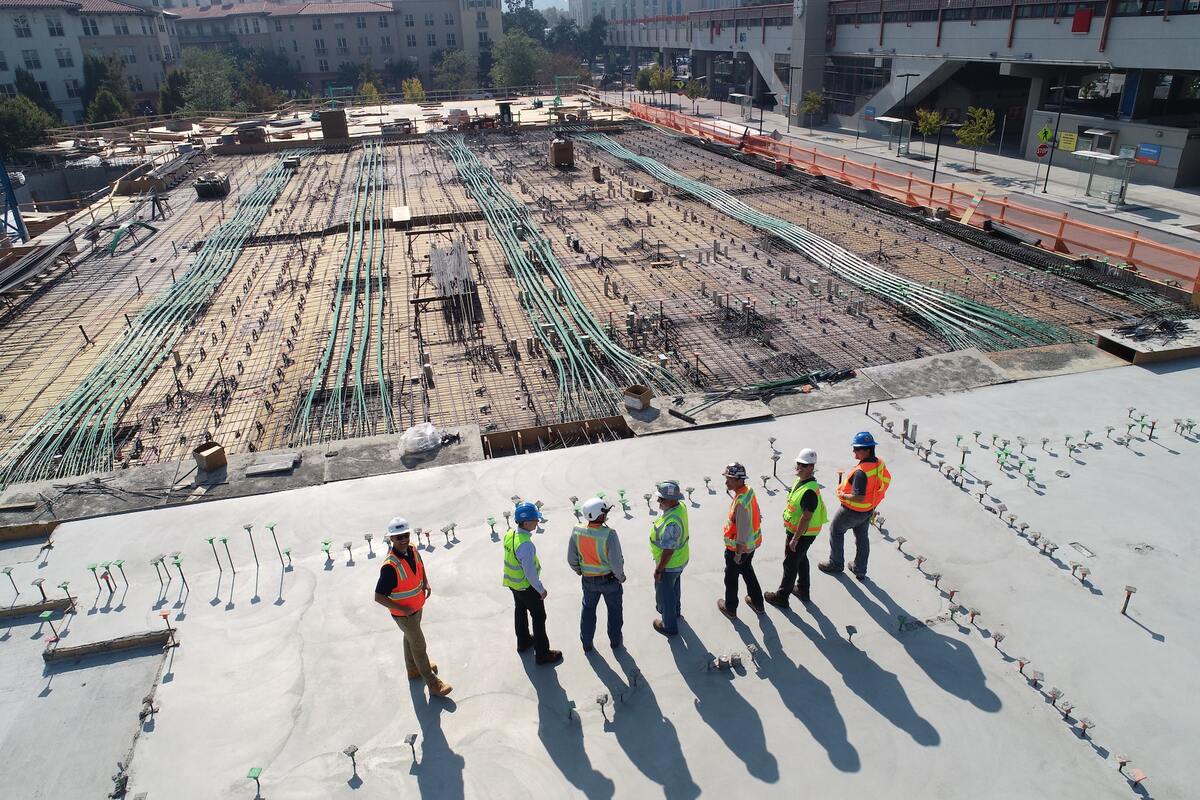

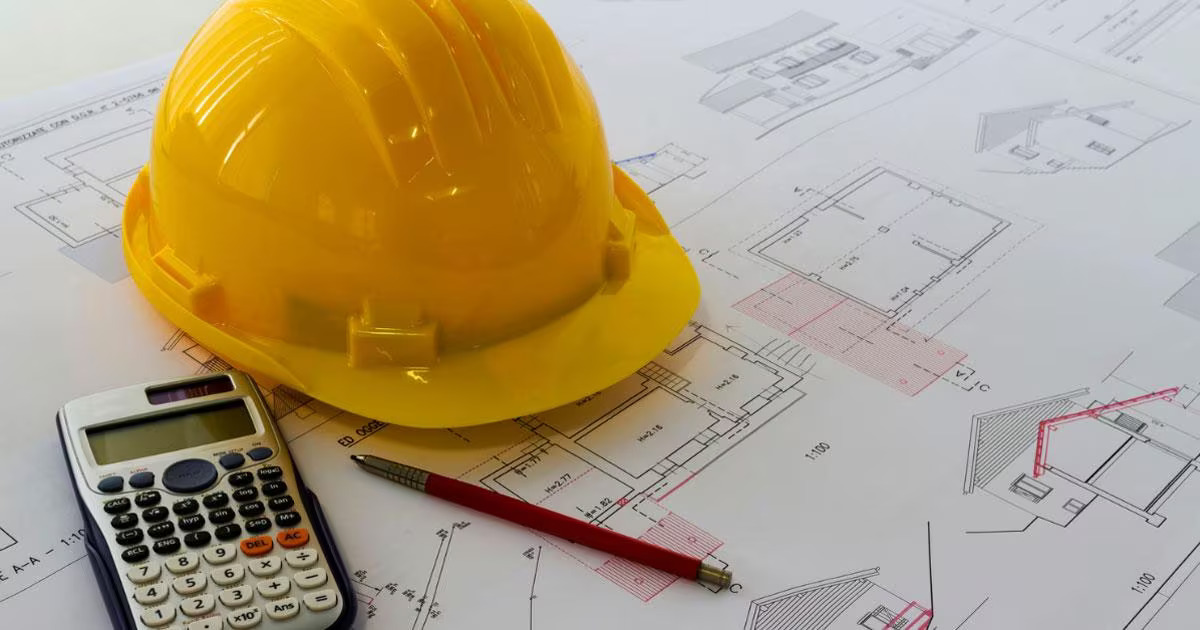
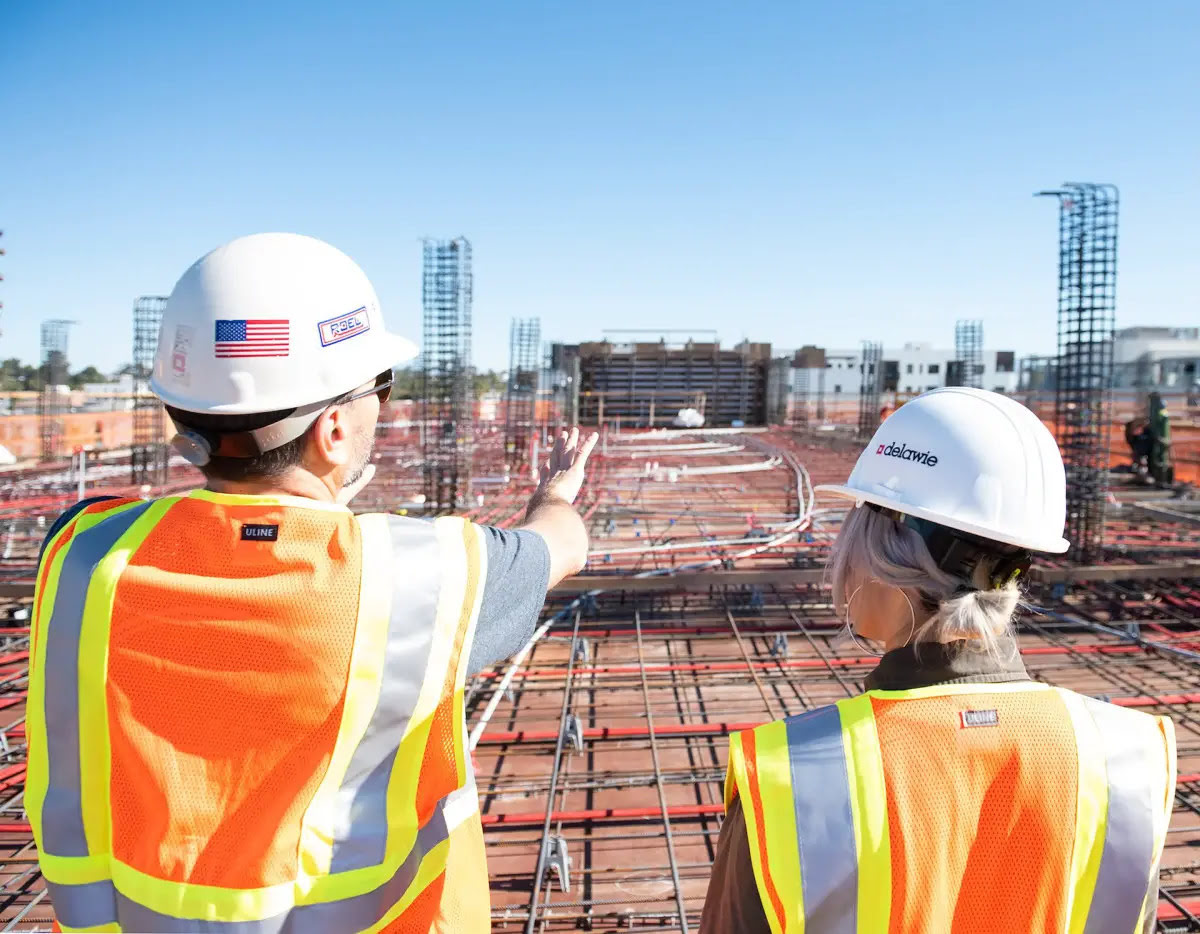

0 thoughts on “How To Run A Construction Company Successfully”